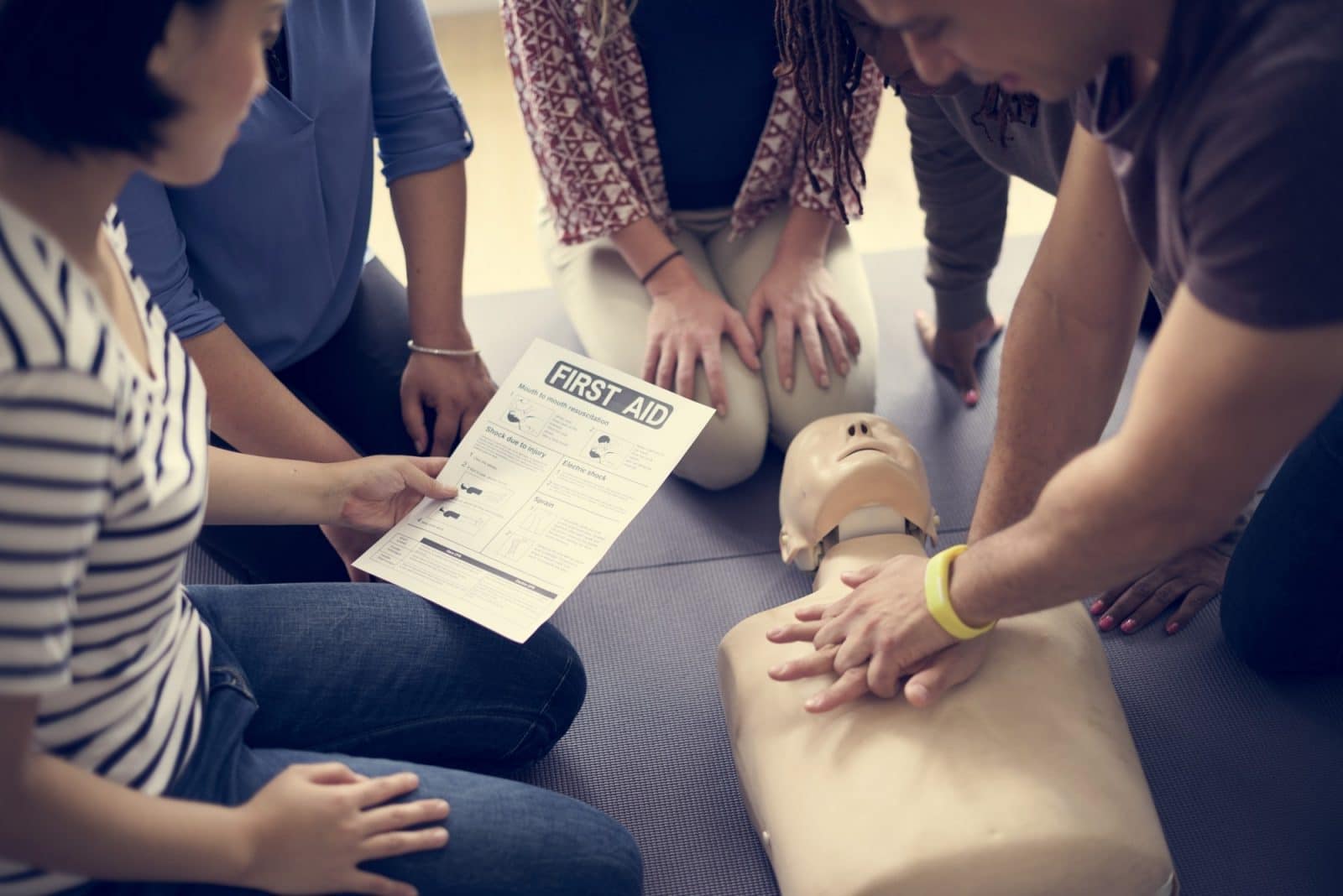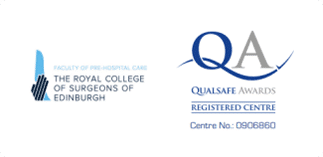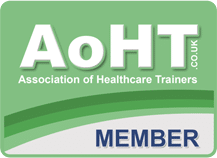A Real-Life Hero in Essex
In a recent heartwarming incident in Essex, a local resident, Sarah Williams, demonstrated the life-saving power of first aid training. While shopping at a local supermarket, Sarah noticed an elderly gentleman collapse and immediately rushed to his aid. Utilizing her first aid skills, she performed CPR until paramedics arrived, ultimately saving his life. This story highlights the crucial role that first aid training plays in our communities and underscores the importance of being prepared for emergencies.
Why First Aid Training is Essential
First aid training equips individuals with the knowledge and skills to respond effectively in emergencies. Whether it’s a minor injury or a life-threatening situation, being trained in first aid can make a significant difference in the outcome. The benefits include:
**Immediate Response**: Quick action can prevent further injury or death.
**Confidence in Emergencies**: Trained individuals are more likely to act swiftly and efficiently.
**Community Safety**: More trained individuals mean safer communities.
**Understanding Legal Protections**: In the UK, the Social Action, Responsibility and Heroism (SARAH) Act 2015 offers legal protections to those who step in to help in emergencies. This act ensures that individuals acting heroically or responsibly in emergencies are protected from liability, encouraging more people to act without fear of legal repercussions.
First Aid Training Courses in Essex
At Essex Medical Training, we offer a range of first aid courses tailored to various needs. From basic first aid to the more specialized First Response Emergency Care (FREC) courses, our training programs are designed to empower individuals with practical skills and confidence.
**Basic First Aid**: Covers essential skills like CPR, wound treatment, and managing shock.
**First Response Emergency Care (FREC)**: These courses provide in-depth emergency care training suitable for those working in high-risk environments or looking to pursue a career in pre-hospital care. The FREC courses are structured in levels, starting from FREC 3 and advancing to FREC 4 and FREC 5, covering a wide range of emergency response scenarios.
**Paediatric First Aid**: Specialized training for those caring for infants and children.
**Workplace First Aid**: Ensuring compliance with health and safety regulations in the workplace.
The Essex Medical Training Difference
Our courses are led by experienced instructors with extensive backgrounds in healthcare and emergency response. We use a hands-on approach, ensuring that participants not only learn the theory but also practice the skills necessary to handle real-life situations. All our courses are regulated by nationally recognized awarding bodies, guaranteeing the highest standards of training.
How to Enroll
Joining a first aid course at Essex Medical Training is easy. Simply visit https://www.essexmedicaltraining.co.uk/courses/to browse available training sessions. We offer flexible schedules, including weekend and evening classes, to accommodate busy lifestyles.
Conclusion
Sarah’s story is a powerful reminder of why first aid training is so vital. By equipping ourselves with these essential skills, we can make a profound impact on our community’s safety and well-being. Enroll in a first aid training course today and be prepared to save a life.
For more information and to register for a course, visit Essex Medical Training or contact us https://www.essexmedicaltraining.co.uk/contact-us/or call us at 0330 332 5616.






